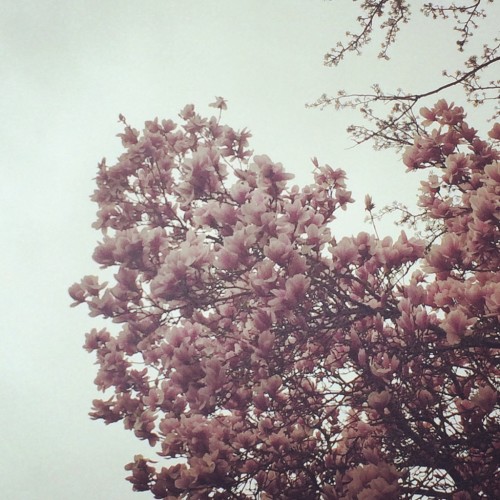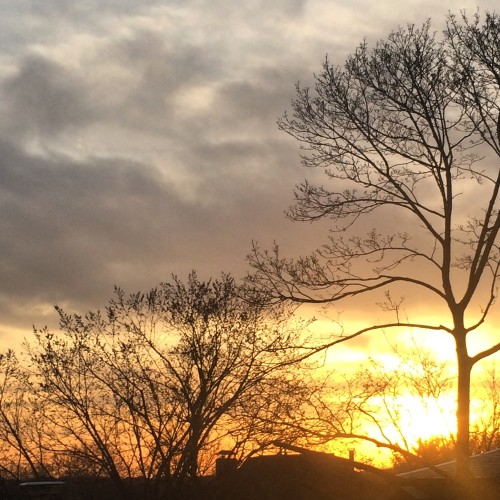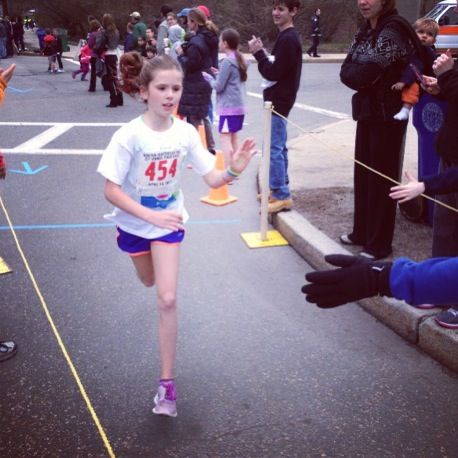So many people told me to read Ongoingness: The End of a Diary by Sarah Manguso. Tens and tens of them. So many I lost track. And I finally I did. And wow.
Ongoingness is spare and sublime, a meditation on time and memory and motherhood and the meaning of life. “The book’s themes are your themes,” said one friend, and I’ll just say that if that’s true, consider me honored. Manguso writes a slender, powerful volume about the 800,000 word diary she kept obsessively for years without quoting from it once. On the book’s first page, she says “I wrote so that I could say I was truly paying attention,” which is the best answer I have to the answer of why I write, too.
I have many preoccupations in my life – and in my writing – but arguably the two chief ones are the speed with which my hours (particularly those with my children) fly by and the slippery, inchoate nature of memory. I’m fascinated in a troubled, deeply-melancholic way by how swiftly my days pass, and I’m often nostalgic for my life even as I live it. And I’m equally fascinated in a confused way that senses that there’s an order beyond my understanding about why I remember what I do. It’s often the smallest, most mundane experiences that cement themselves in my memory, becoming the stones I turn over and rub in my pockets until they gleam, whereas the big, shiny “life moments” often recede into the slurry of my history.
I tried to record each moment, but time isn’t made of moments; it contains moments. There is more to it than moments.
With this pair of sentences, Manguso seems to wrestle with this complex fact. I think all the time of Ann Beattie’s famous line from Snow, that “people forget years and remember moments.” What we remember seems random, but surely it’s not. Just like there must be some rhythm I can’t quite sense about why certain quotes and passages and poems come to my mind when they do, I’m certain there’s a vast design whose pattern I can’t yet discern in why I remember what I do.
Manguso goes on to say that she “started keeping the diary in earnest when I started finding myself in moments that were too full.” Like Dumbledore’s pensieve, she writes when things are “all too much,” whether to understand or merely to record. Somehow the practice of writing in her diary allows her to release the pressure in her living, and this impulse is one I understand at a deep, inarticulate level.
Much of Ongoingness reminded me of Dani Shapiro, both of her work and of her teaching, which I’ve been immensely fortunate to receive. The pages of Ongoingness
contain a lot of white space, and there short passages are in dialog with each other. This is a format that reminds me of Devotion, and which Dani and I have spoken about at length. The structure of Ongoingness
mimics memory itself; Manguso’s musings and recollections don’t follow a logical pattern, they’re interrupted, and they echo off one another.
At one point, Manguso reverses direction, considers the opposite of her premise (“I don’t need to write anything down ever again”), and posits that “everything that’s ever happened has left its little wound.” This passage reminded me of the samskara analogy that runs so vividly through Devotion, and of the concept – which makes sense to me – that our life’s experiences accumulate in our bodies, invisible in many cases, but resonant, and eternal.
Having a child changes entirely Manguso’s relationship to time. “It had something to do with mortality,” she says, and reflects that “I am no longer merely a thing living in the world: I am a world.” One of the central themes of Ongoingness is the way in which having a child altered her dependence on the diary. Her son has become, in so many ways, her diary. In his body, in the “unbearable sweetness” of his growing hair and changing self, she can now see her life recorded, captured, remembered.
“…when I am with my son I feel the bracing speed of the one-way journey that guides human experience,” Manguso observes, and I nod so vigorously my neck hurts. Yes, yes, yes, I think, as the tears course down my cheeks. I don’t have an 800,000 word diary, but I can relate to this. It was becoming a mother, I think, that made me so keenly attuned to life’s inexorable, drumbeat passage.
“Look at me, dancing my little dance for a few moments against the background of eternity,” Manguso writes at the end of Ongoingness, and I think of my children frolicking on a sandbar at the end of the summer as the tide comes in. Parenting – life itself – is like that, as I observed in This is Eleven: it’s knowing the tide’s coming in, but still celebrating the sand castles we can build before it does.



